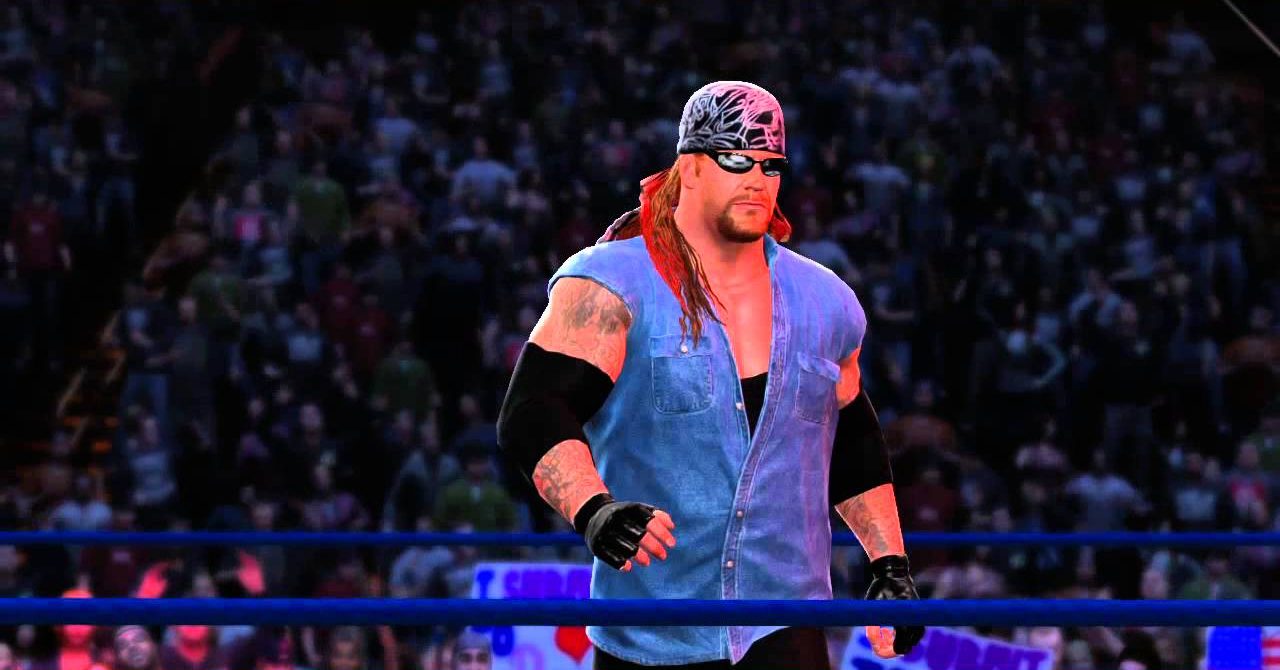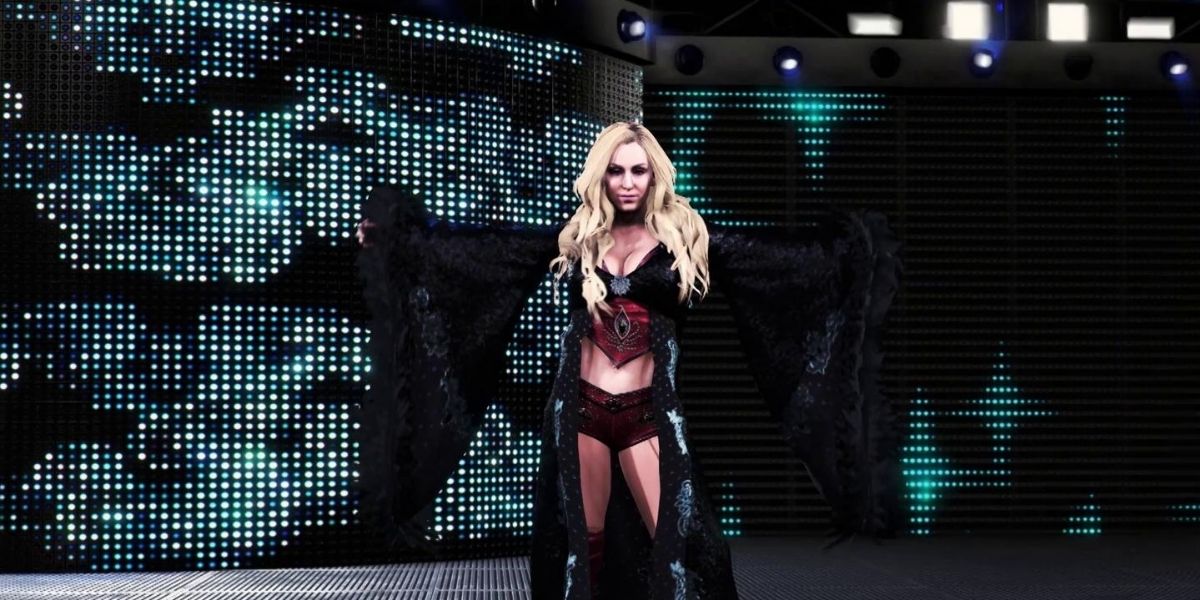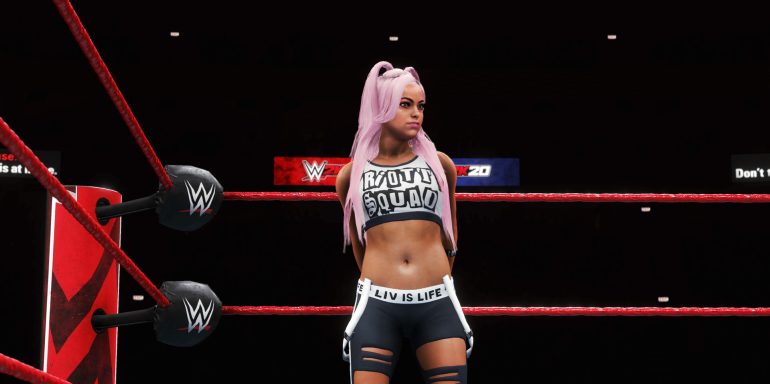Competitive gaming in WWE 2K has seen its fair share of controversies, with bans that have sparked heated debates among fans and players alike. Whether due to exploits, unsportsmanlike conduct, or rule violations, these bans have left a lasting impact on the WWE 2K esports scene. Let’s explore some of the most controversial bans in WWE 2K esports history and their effects on the competitive terrain.
1. The Infamous Exploit Ban
One of the most controversial bans in WWE 2K esports history involved players exploiting a game-breaking glitch that gave them an unfair advantage. The exploit allowed certain wrestlers to evade damage or execute moves with unrealistic speed.
Why It Was Controversial:
- Players Claimed They Were Unaware: Some competitors argued that they were unaware of the exploit being banned.
- Inconsistent Enforcement: While some players were banned, others who used the same exploit faced only warnings.
- Developer Oversight: Critics pointed out that the developers should have patched the exploit instead of banning players.
This ban led to heated discussions about fairness and the responsibility of both players and developers in maintaining a balanced, competitive environment.

2. Banning of Custom Character Abilities
In an attempt to level the playing field, tournament organizers banned certain custom character abilities that were deemed overpowered. However, this decision was met with backlash from competitive players.
Reasons for the Backlash:
- Unfair to Creative Players: Many competitors argued that customizing moves and abilities was part of the game’s appeal.
- Lack of Clear Guidelines: Players were unsure which abilities were considered too powerful, leading to confusion.
- Impact on Playstyles: Some players had spent months mastering their custom characters, only to have them banned before a major event.
This controversy highlighted the ongoing struggle between maintaining balance and preserving creative freedom in WWE 2K esports.
3. High-Profile Player Disqualifications
Certain high-profile WWE 2K esports players have been disqualified from tournaments due to rule violations, sparking debate about the severity of the punishments.
Notable Cases:
- Unverified Allegations: Some bans were issued based on accusations without concrete evidence.
- Targeting Specific Players: Some competitors believed that certain players were being unfairly singled out.
- Reputation Damage: Banned players often faced significant backlash from the community, affecting their careers.
These bans raised questions about the integrity of tournament rulings and whether esports organizations needed more transparent enforcement policies.

4. The Online Match-Fixing Scandal
One of the biggest controversies in WWE 2K esports involved match-fixing, where players allegedly conspired to manipulate match outcomes for financial gain.
Why This Ban Was So Significant:
- Threat to Competitive Integrity: Match-fixing undermines fair competition and damages the credibility of esports events.
- Widespread Investigation: Multiple players were implicated, leading to a large-scale investigation.
- Harsh Penalties: Some players were permanently banned, while others received temporary suspensions.
The incident served as a warning that unethical behavior would not be tolerated in WWE 2K esports.
5. The Controversial Ban on Taunting
Some tournaments implemented a ban on excessive taunting, arguing that it disrupted the competitive nature of the game. However, this decision divided the community.
Arguments For and Against the Ban:
- Proponents: Believed excessive taunting wasted time and created a toxic environment.
- Opponents: Argued that taunting was a legitimate mind-game tactic in wrestling.
- Lack of Consistency: Some tournaments enforced the ban strictly, while others allowed limited taunting.
This controversy sparked discussions about sportsmanship versus in-game strategy, leaving many wondering whether such bans were truly necessary.


